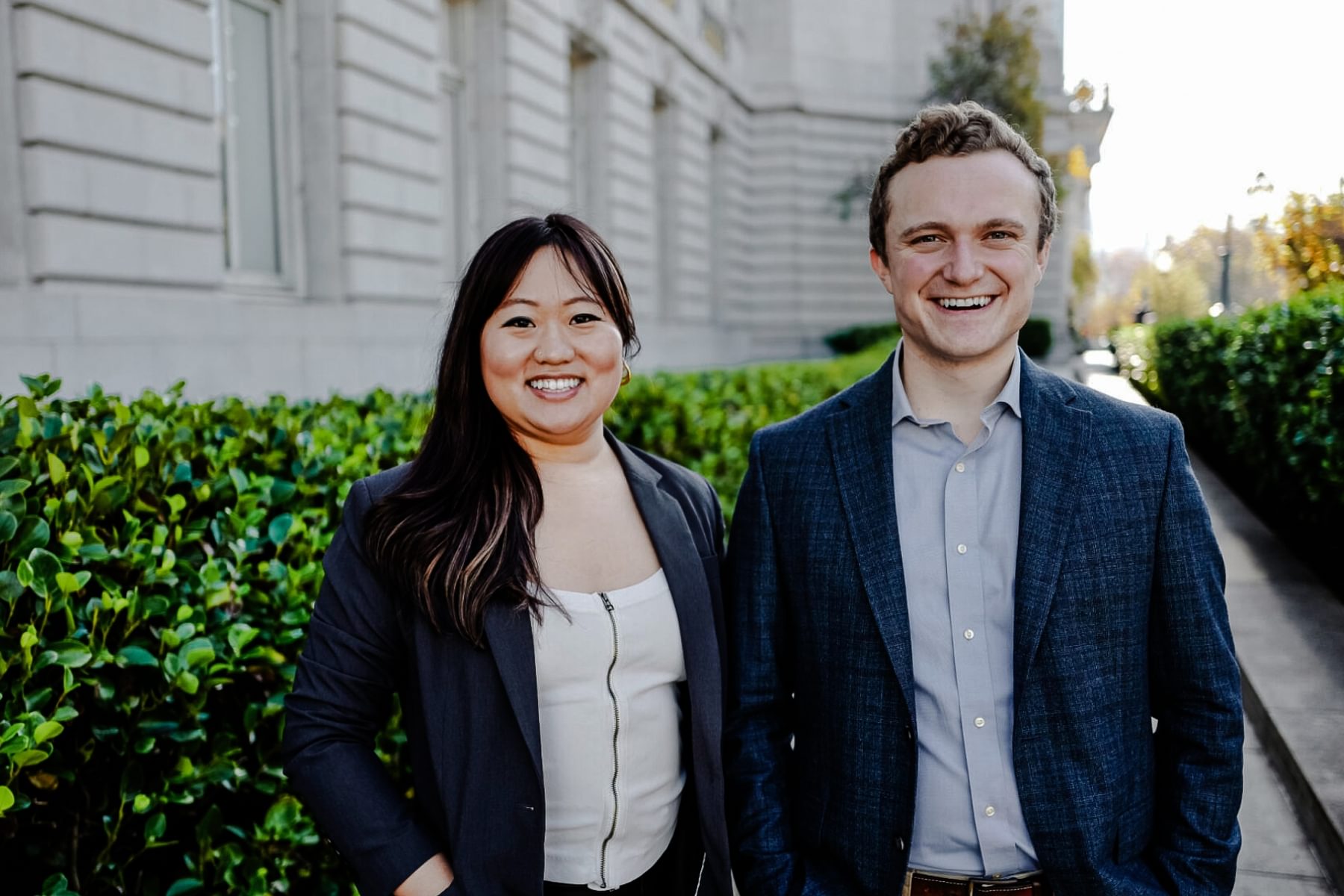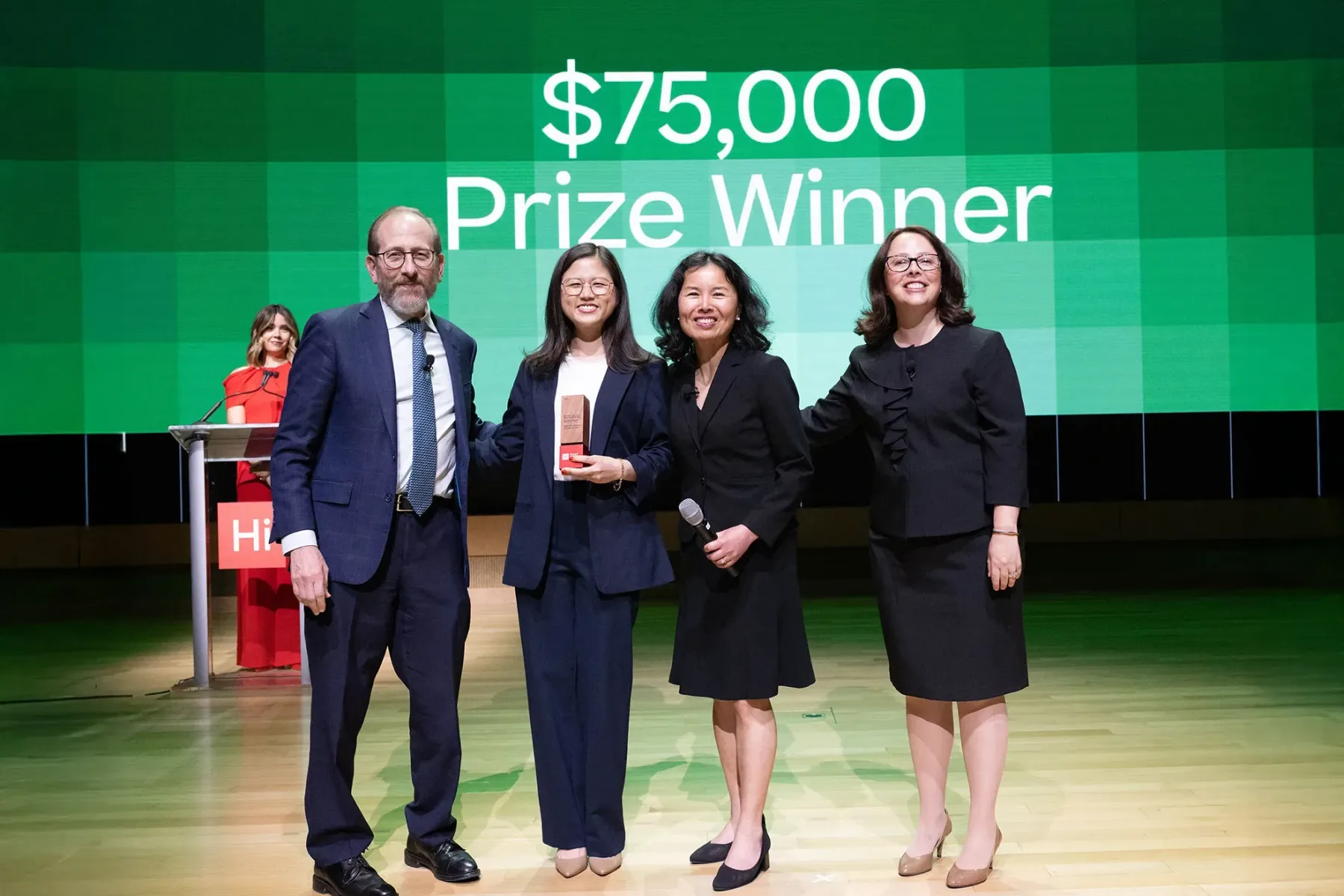Augmented, virtual, and, even mixed reality, are the next frontier for technological innovation.
This was our hypothesis for the AR/VR space here at the Harvard Innovation Labs, which was informed by the growing number of students, graduates, and researchers we have uncovered working on ventures and projects leveraging these mediums across Harvard and Boston.
These technologies are generating a ton of buzz. Take, for instance, the growing popularity of the Facebook-owned Oculus Rift and Oculus's Gear VR product for smartphones, the astonishing growth of the HTC Vive system, and an influx of AR devices about to hit the market, including those from Meta, Microsoft, and Magic Leap. And that's not even mentioning the imaginative software products currently in development for AR/VR devices, as well as the technological breakthroughs that are pushing the boundaries of how we interact with tech.
AR and VR, according to Goldman Sachs's Heather Bellini, has the potential to be a $182 billion market by 2025. Those gaudy projections alone are more than enough to stoke the interest of a place like the Harvard Innovation Labs, which was created with the purpose of exhorting entrepreneurs and innovators to experiment with new ideas and shape them into world-changing businesses. However, our recent AR/VR initiatives are borne out of a grassroots movement among the aforementioned Harvard’s students and researchers.
We are lucky, in a sense, that the Harvard Innovation Labs is school-agnostic, allowing us to serve as a hub for truly pioneering activity and for forward-thinking innovators to connect from all of Harvard’s schools. As we have seen time and again, when we bring together innovators with diverse backgrounds, exciting things happen. The potential growth of the Harvard Innovation Labs as a leader in AR/VR on campus and in Boston reflects the One Harvard ethos we strive to exemplify in all we do.
And so we are trying to build a place for anyone across Harvard to come and work on their AR/VR projects. Literally. Our i-lab AR/VR lab, which will open later this fall, will allow students and others affiliated with Harvard to use hardware and software resources and have a vibrant space to turn their ideas into realities. We are also working closely with students to create a home and meeting place for the robust AR/VR community that is bubbling up throughout Harvard.
But, as our recent AR/VR event verified, the growth and potential impact of AR/VR is also a Boston story. It was with great pride and an alignment of visions that we put on this great event as part of HUBWeek.
The event, held a week ago, validated our thinking on how we can support Harvard as it becomes a global leader in AR/VR.
We had 1,100 visitors come through our doors last week, interested in finding out how AR/VR will evolve in the coming years.
We were delighted by a unique appearance from Magic Leap CEO Rony Abovitz who appeared via Beam's telepresence robot for a fireside chat with Jon Hirschtick, the CEO and founder of OnShape. We were wowed by Penrose Studios' Eugene Chung, an HBS grad, showing how his company is trying to turn the cinematic experience is on its head. Thought leaders in construction and architecture explained how AR/VR are already redefining those industries; innovators from the education sector discussed how the technology will create more experiential learning opportunities for everyone from kindergartners to doctors; we saw how physicians are leveraging AR/VR to practice surgery and rehabilitate both the mind and the body; and we heard how both startups and established businesses are racing to innovate using these mediums.
Through discussions on ethics and a showcase where attendees could experience AR/VR innovation first-hand, we witness how these technologies are expanding the human sensory system in a manner that is unlike anything in the history of our kind, and how these mediums have the potential to shape our understanding of each other and how we work, play, and learn.
And so our initial thoughts on AR/VR at Harvard and beyond have proven to be accurate: The excitement we witnessed verified our thinking that the space is the next big opportunity for the creative, innovative, and opportunistic.
While we'd love to dwell on the success of our AR/VR event, there is so much work to do to help those working to allow AR/VR technologies make the impact that we envision.
This is our first public foray into this world, but we aim to do a lot more to support the AR/VR community at Harvard and in Boston.
Stay tuned.





